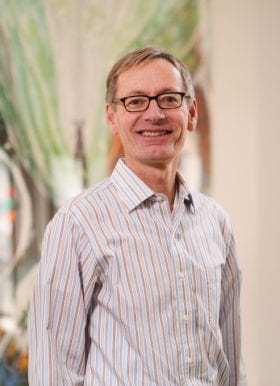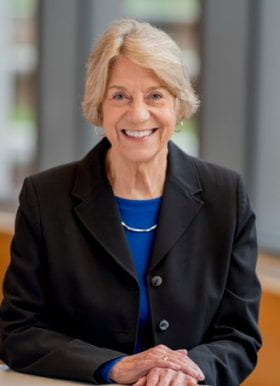The global population aged 65 and older is growing faster than all other age groups. Affecting nearly all sectors of society, population aging is one of the most significant social transformations of the twenty-first century.
We work to advance a global society where people of all ages have maximum opportunity for health, security and engagement.
Through seminars, curriculum development and enhancement, and connecting students to career paths focused on aging, we expand education on issues relevant to individual and population aging.
By engaging a diverse network of researchers in dialogue, lectures, learning groups, and funding collaborations, we promote cross-disciplinary activities and translation of knowledge in the field of aging.
Through inter-university partnerships, service on advisory groups, the Age-Friendly University Global Network, project sponsorships and other connections, we are committed to supporting aging initiatives throughout St. Louis and around the world
In 1998, the Center for Aging at Washington University in St. Louis was established under the direction of Chancellor Mark S. Wrighton, with assistance from Deans William Peck and Shanti Khinduka of the Washington University School of Medicine in St. Louis and the Brown School at Washington University. Dr. Leonard Berg provided the initial leadership for these efforts.
- Email us at centerforaging@wustl.edu
Our Team

Brian D. Carpenter, PhD
Co-Director, Harvey A. Friedman Center for Aging
- Email: bcarpenter@wustl.edu
Professor, Psychological & Brain Sciences, Arts & Sciences

Michele Dinman, MPH
Project Coordinator, WashU for Life Initiative, Harvey A. Friedman Center for Aging
- Email: micheled@wustl.edu

Nancy L. Morrow- Howell, PhD
Co-Director, Harvey A. Friedman Center for Aging
- Email: morrow-howell@wustl.edu
Bettie Bofinger Brown Distinguished Professor of Social Policy, Brown School
Give
Your contribution to the Institute for Public Health helps us train the next generation of public health leaders; fund innovative, transdisciplinary research to improve health status; and eliminate health disparities at home and abroad.
